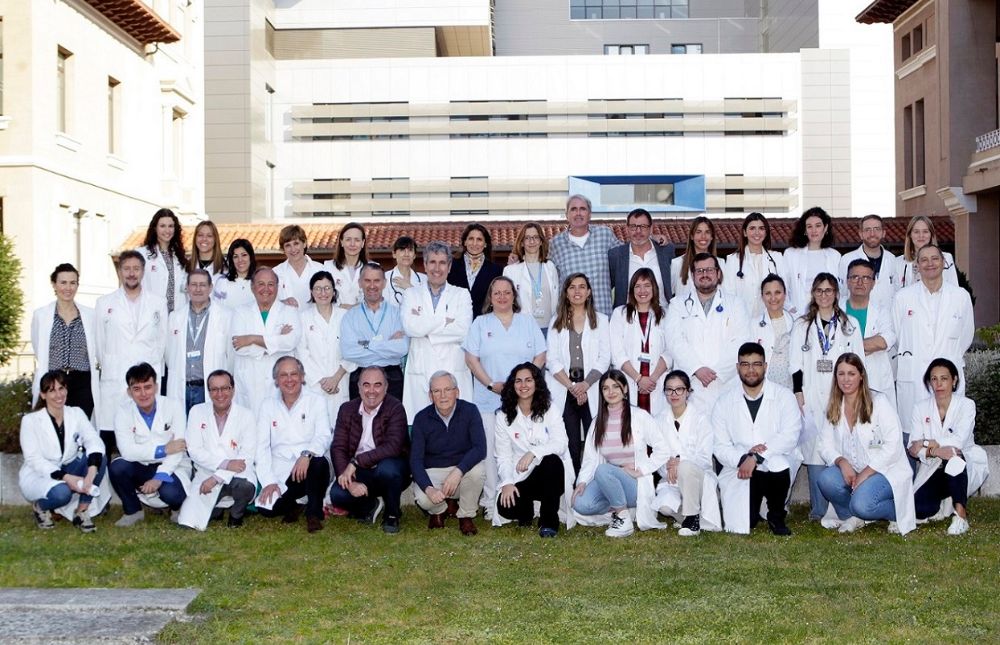A study led from Cantabria analyzes how JAK-STAT pathway inhibitors affect the immune system
The Immunopathology Research Group at the Marqués de Valdecilla Research Institute (IDIVAL), which includes professionals from the Marqués de Valdecilla, Laredo, and Sierrallana hospitals, has published a study that sheds new light on how a recently introduced treatment for rheumatoid arthritis (RA) works — the so-called JAK-STAT pathway inhibitors, or JAKinibs.
The study, published in the scientific journal International Journal of Molecular Sciences under the title Changes in NK Cells and Exhausted Th Cell Phenotype in RA Patients Treated with Janus Kinase Inhibitors: Implications for Adverse Effects, analyzes the impact of these drugs on various types of immune system cells.
To do so, the researchers compared samples from RA patients treated with JAKinibs, patients receiving other medications, and healthy individuals. The results show that JAKinibs alter the proportion of certain immune cells, especially those involved in inflammatory and defensive responses, such as Th17 lymphocytes and NK (natural killer) cells.
These changes may help explain some of the side effects observed with these treatments. The team continues its research to better understand the long-term impact of JAKinibs and improve patient safety.
Link to the article: https://www.mdpi.com/1422-0067/26/11/5160
Photo: IDIVAL Immunopathology Research Group





















